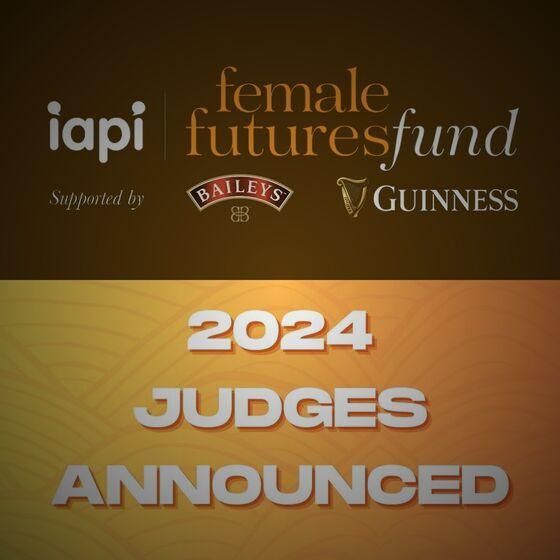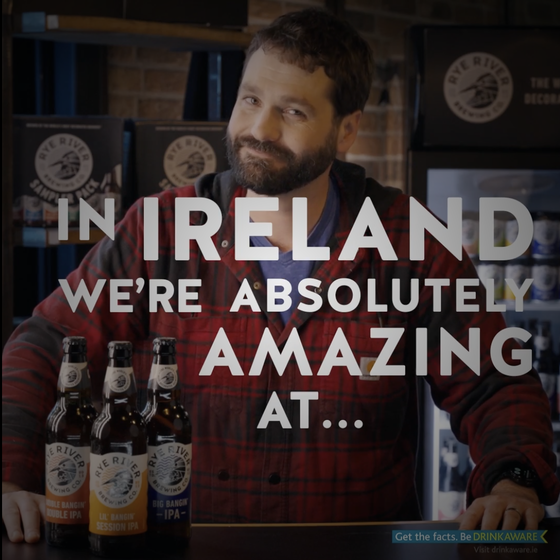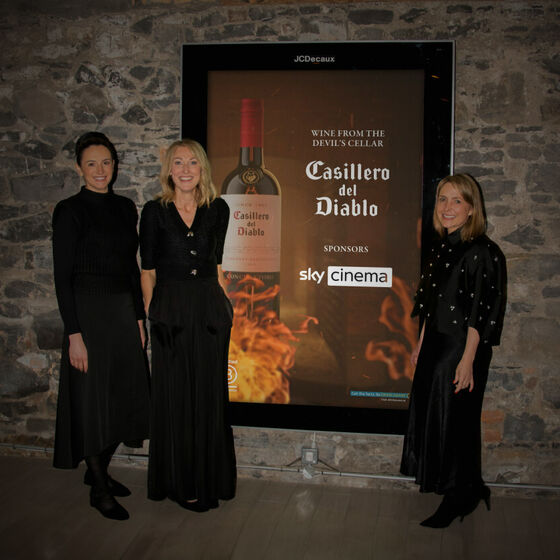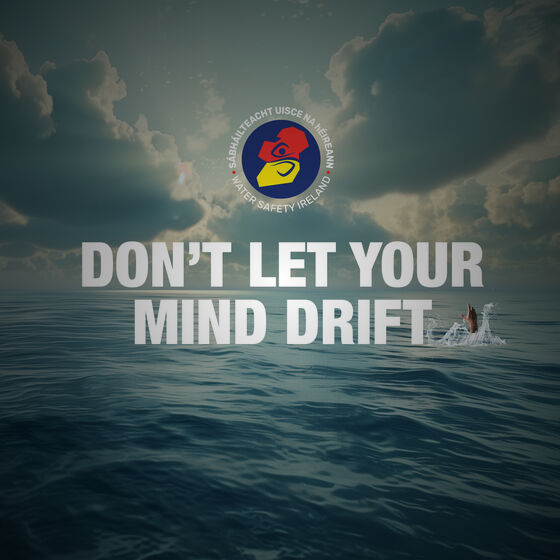One of the first campaigns I ever proposed for an African market was done before I even moved to the continent. My plan was to bring it with me as an amazing first act to set myself up. The print ad featured a bunch of African kids in cut off jeans leaping into a reservoir with various rocks and dilapidated bits sticking out of it – all high jinks in childhood Utopia as the sun beat down overhead.
The work was meant to be a feelgood reflection of how things were for a low income purchaser of food products and was meant to play its part in creating affiliation with the brand in question. We showed it to our client in London as part of the overall campaign and it got nodded through.
When it finally made its way down to South Africa for presentation to the local clients, things didn’t go as smoothly. I was doing the sell and as happens when you’ve been at this for a while, I became aware of a thin, invisible wall of negativity slowly enveloping me as I stood there radiating enthusiasm about the piece.
The feedback started coming. The low income consumer in South Africa doesn’t want to see pictures of everyday reality or a romanticised version of how European agency folk think they live their lives. If you’re going to show local kids in the water, then give them a nice environment rather than some aquatic junkyard where people with no money go to swim. I protested that this was a ‘special’ place. A sort of Huck Finn childhood paradise – away from the sterile, structured world of swimming pools and more fun for it. This was real childhood dammit! The ad continued to flop and my survival instinct prompted me to abandon the sinking ship after also throwing in the ‘Swallows and Amazons’ card to no effect. As time has elapsed, I’ve realized that the commentary was right in this instance – if you’re advertising to the emerging market – as a rule, make it aspirational. If you want to reflect their own reality back to them, it has to have some appealing drama in it.
Coming out of the session, I felt a sense of gnawing dread. The kind of unease where you’ve just had a big meeting, everything has somehow been batted back to you and you have no plan for solving it. Meanwhile the clock is ticking slowly, inexorably towards the new deadline…
I was worried because my lexicon of European knowledge and insight about consumers wasn’t quite hitting it. People were too different and I didn’t have the insights or the understanding to develop further work that would do the job. But the great thing about insight is that it can be ferreted up. So time to get out there, understand and reframe the thinking.
There followed a series of forays into townships to spend time with people, understand their lives, wants, needs and desires. For sure there were many differences to the C1C2 mothers that make up the bedrock of most FMCG advertising in London where I had come from. Initially I got bogged down in the cultural references, colloquial terms and practices that were new to me. Religion plays a much bigger role in people’s lives for a start. Unfortunately with crime, HIV and road deaths, so do funerals (the biggest ‘social’ activity in the country). And the most aspirational job? Chartered Accountant. That one hit me from left field but was borne out in the quant data, so fact.
Trying to figure this all out, I sat back in the sofa of one Soweto house, waiting for a cup of tea and caught the soap opera playing on the TV in the background.
‘Generations’ is themed, funnily enough, on an advertising agency although they never seem to get around to making any ads. That’s because the cast is too busy trying to get ahead, gossip, backstab each other, have affairs and get married / divorced. Actually a fair rendition of life in a typical agency. But as we all know, the work also needs to get out alongside the shenanigans – something the production team seems to have missed in their scripting. Anyway Generations was showing exactly the same old stuff that you see on Eastenders or any of the other options out there. For sure there was a different cast and backdrop but the material was the same. So while there’s plenty that’s different about the South African consumer compared to the European one, there’s also plenty that’s the same and in fact, getting a bit more universal and philosophical about it, there is more that unites us generally as human beings, races and cultures than separates us. As an ad man striving to make work with broad populist appeal, that is a great thing to experience and I’ve seen it across all of the markets I’ve lived and worked in – France, UK and finally down here.
When I got started in Africa, there was a lot of resistance to ‘global’ work. ‘It’ll never work here’ was the refrain. ‘Nigerian customers won’t relate to that scenario’. But then we’d reshoot the ad in question anyway with a Nigerian cast and backdrop. Not everything worked but a lot more did than we had originally imagined and every concept that translated across well was based on something simple and culture neutral.
Because the reality is that all parents worry about their children being able to achieve their potential in life, disgracing the family name, being happy, settling down. On a personal level, most people like the idea of meeting the right partner, finding security and certainty in life, being in control of their destiny, prevailing over adversity and having their sense of humour tickled from time to time. Everybody also wants to feel and appear strong but lives with a range of vulnerabilities which they try not to expose too much. Most good stories, good movies and good ads all rely to a degree upon such principles.
Named after psychologist Bertram Forer (1948), the ‘Forer effect’, is the observation that individuals will give high accuracy ratings to descriptions of their personality that supposedly are tailored specifically for them, but are in fact vague and general enough to apply to a wide range of people. When this is researched in different markets by reading people a list of broad yet seemingly specific statements such as ‘You are extrovert, but prone to bouts of quiet introspection’, people tend to take the statements on board as specific and unique to them. That shows many things but one of them is that we see ourselves in quite similar ways – strengths, weaknesses etc.
So where does that all leave us? Well, I went back with an ad where the kids were graduating from chartered accountancy school because they’d eaten good wholesome food that fed mind and body. It was met with rapturous applause and was up on billboards before you could mutter ‘Huck Finn could’ve worked…’.









